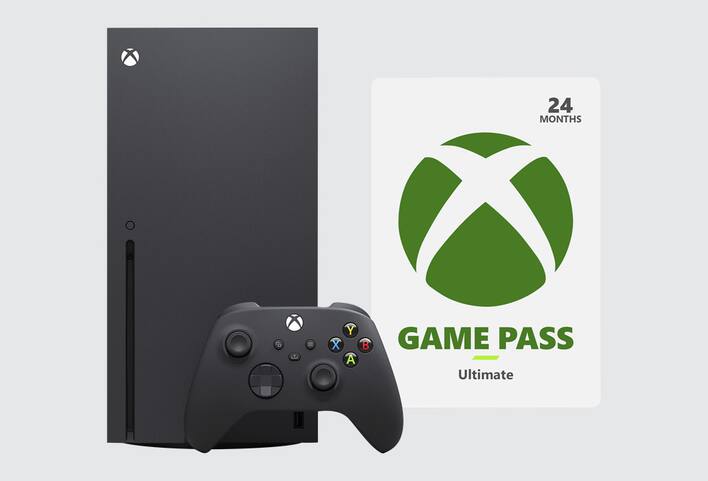Blitz News Digest
Stay updated with the latest trends and insights.
Level Up Your Life: How Video Games Make Us Better Humans
Discover how video games can enhance your skills, boost your mood, and transform you into a better version of yourself! Level up today!
Unlocking Real-Life Skills: How Video Games Enhance Problem-Solving Abilities
Video games have long been more than just a source of entertainment; they serve as powerful tools for enhancing problem-solving abilities. In various genres, players are often faced with intricate challenges that require critical thinking, strategic planning, and adaptability. For instance, role-playing games (RPGs) immerse players in complex narratives where they must make decisions that affect the game's outcome. These scenarios force players to evaluate different options, anticipate consequences, and devise effective strategies to overcome obstacles, ultimately mirroring real-world problem-solving situations.
Moreover, video games encourage collaborative problem-solving in multiplayer settings, where teams must work together to achieve goals. This collaboration fosters communication skills and creative thinking, as players share ideas and strategies. A survey revealed that individuals who regularly engage in cooperative gaming often exhibit stronger teamwork abilities in professional environments. By integrating various challenges and cooperative elements, video games not only enhance individual skills but also prepare players for real-life situations where critical thinking and teamwork are essential.

The Social Side of Gaming: Building Connections and Empathy Through Multiplayer Experiences
The rise of multiplayer gaming has revolutionized the way we connect with others, fostering communities that transcend geographical barriers. Players from different backgrounds come together to form teams, share experiences, and build lasting friendships. This social side of gaming not only enhances the enjoyment of the game but also promotes collaboration and teamwork. In a world where social interaction often occurs through screens, multiplayer experiences provide a unique platform for players to engage, interact, and support one another in achieving common goals.
Moreover, these gaming communities cultivate empathy and understanding among players. As individuals navigate challenges together, they learn to communicate effectively and appreciate diverse perspectives. Through shared victories and defeats, gamers develop a sense of camaraderie that can translate into real-life skills, such as conflict resolution and emotional intelligence. Ultimately, the social side of gaming not only entertains but also reinforces the importance of connection, highlighting the capacity of virtual worlds to enrich our social experiences in meaningful ways.
Can Video Games Improve Mental Health? Exploring the Therapeutic Benefits of Gaming
The relationship between video games and mental health has become an intriguing area of study, especially as gaming continues to grow in popularity. Many research studies suggest that video games can improve mental health by providing players with a sense of achievement, social connection, and cognitive engagement. For example, multiplayer games often foster collaboration and communication, allowing players to develop social skills and friendships in an online environment. This social aspect can be particularly beneficial for individuals who may struggle with face-to-face interactions, offering them a safe space to connect with others.
Additionally, certain genres of games, such as puzzle games or role-playing games, can enhance cognitive functions like problem-solving and decision-making. Engaging with these types of games not only provides entertainment but can also serve as a therapeutic tool for managing stress, anxiety, and depression. By immersing themselves in a different virtual world, players can temporarily escape from their everyday challenges, resulting in improved mood and emotional well-being. Thus, it's increasingly recognized that the therapeutic benefits of gaming extend beyond mere leisure, offering significant mental health support for a diverse audience.